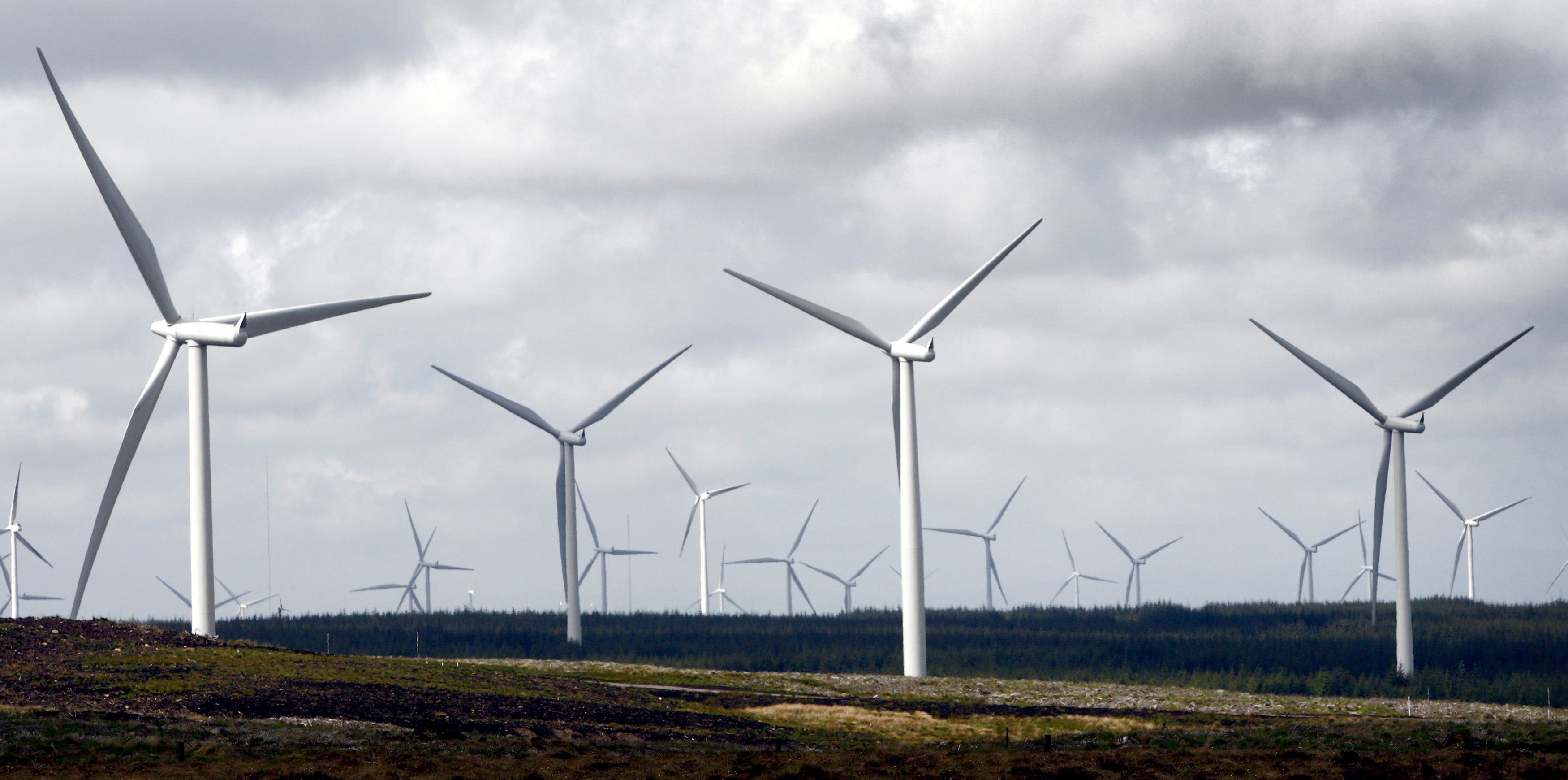Net zero costs to hit lower income households, warns Ofgem
Regulator warns the cost of investment in cleaner energy could disproportionately hit poorer families

Ofgem warned that lower-income households could be hit hardest by the transition to net zero – growing levels of debt among customers struggling with soaring energy prices could leave them unable to cope with future price shocks.
The regulator said the costs of transitioning to a cleaner energy system – which scientists say is urgently needed to avoid the worst impacts of climate change – could disproportionately hit the bills of lower-income consumers unable to invest in the necessary technology or change their behaviours to cut their costs.
Citing the toll the global energy crisis has taken on British households who saw their average gas and electricity bills soar from £1,042 to a peak of £4,279 in just two years, Ofgem warned that some customers are “building up more debt that they simply cannot afford to pay back”.

Despite Ofgem’s price cap falling next month to £1,690 for a typical consumer, it said: “Many households are still struggling to pay for the energy they need, facing difficult decisions such as self-rationing energy. In some more extreme cases consumers may self-disconnect.”
As a result, the regulator is “very concerned” that struggling households have been left with a limited ability to cope with a sudden unforeseen change in prices, Ofgem’s director general for markets Tim Jarvis said.
But he added: “At the same time, the cost of recovering bad debts, and the high number of consumers who are locked into debt and repayment plans, could have serious consequences for the retail energy sector.
“Additionally, to meet the affordability challenge and achieve our net zero goals in the long term, we need to rebuild our energy system around cleaner, affordable, and secure sources of low carbon and renewable energy.
“This will require significant investment, and to the extent these costs go on to bills, the risk is that short-term costs could disproportionately hit lower income consumers that are not able to invest in the technologies or change behaviours to reduce costs without further action.”

The regulator’s warning came as it announced a call for input – from suppliers, consumer groups, charities and government – “to work out the steps we need to take to guard against the harmful impacts of future price shocks”.
The regulator’s director general for markets Tim Jarvis said it is seeking “to ensure that the debt burden doesn’t leave us with an unsustainable situation which will lead to higher bills in the future, and to look at how we can better support consumers now and in the future as the market evolves”.
Last year, Ofgem was handed a statutory duty to help the government meet its legal obligation for UK emissions of climate-wrecking fossil fuels to reach net zero by 2050, as part of the government’s Energy Bill.
Mr Jarvis said the new call for input is “part of our wider package of work on standing charges and price cap evolution that stands back and looks at the evolving energy system, where green energy and flexible technologies will offer new ways for households to tailor the way they use and pay for energy, and establish the fairest way to allocate costs and regulate pricing so that no consumer is left behind”.
Long term investment in household energy efficiency and cheaper home grown renewable energy are how we bring energy bills down in years to come
Simon Francis, coordinator of the End Fuel Poverty Coalition, said the group welcomed any investigation into energy affordability, and was encouraged that surging levels of debt were now on the regulator’s radar.
“But last week the chancellor failed to extend the Energy Price Guarantee which would have helped shield households from future fluctuating energy markets, and the government has failed to consult on the introduction of a social tariff which would have offered even more protection to vulnerable households,” he said.
“Long term investment in household energy efficiency and cheaper home grown renewable energy are how we bring energy bills down in years to come. The solutions are there, but what we need is political class committed to implementing them.
“As a national infrastructure priority, improvements in the grid should be paid for through general taxation – funded through windfall taxes on firms who have benefited from the energy crisis. We can’t just keep adding money to people’s bills whenever the energy firms ask for it.”
A Department for Energy Security and Net Zero spokesperson said: “Energy prices are now at their lowest in two years and down over 60 per cent since their peak, when we covered half of a typical household’s energy bill.
“We are continuing to protect vulnerable people, providing significant financial support for those who need it most – backed by £108bn. This is on top of National Insurance cuts totalling 10 per cent and an increase to the living wage.
“We are also actively consulting on the future of the energy market, to ensure households and families can access the full benefits of moving to a smarter, more flexible energy system.”
Additional reporting by PA